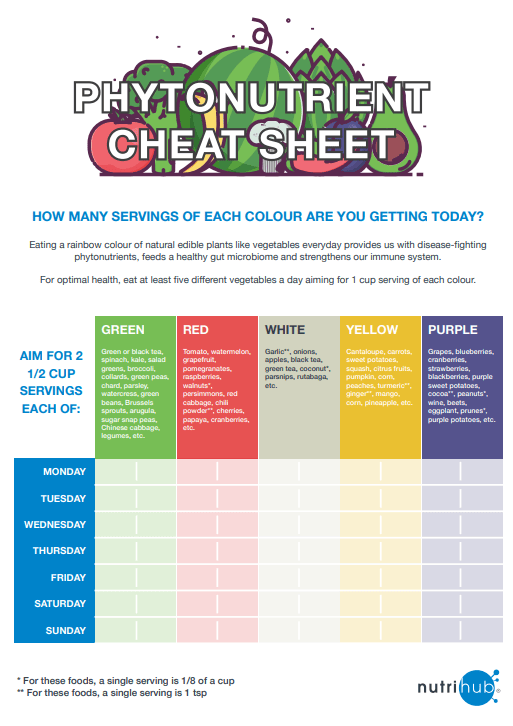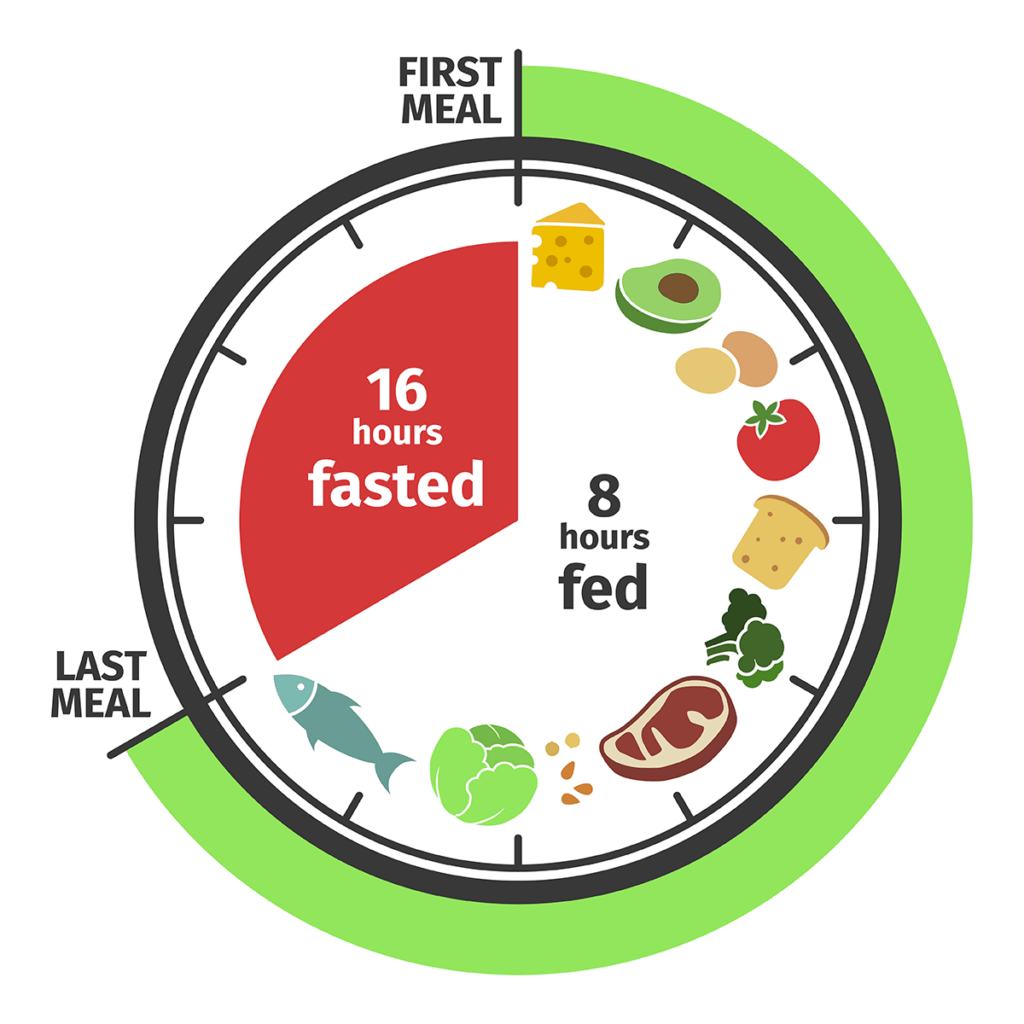Have you resolved to make healthy changes this January? To make new habits that mean you see your health, energy and wellbeing improve? Do you do this every New Year only to find your newfound healthy lifestyle slipping by the wayside within a few weeks (or maybe even sooner)?
Something I find with all my health coaching is that starting a positive habit change or behaviour is not the challenge for most people; it’s sustaining those actions in the long-term. Most people can also nix a bad habit reasonably easily but can find themselves somehow irresistibly drawn back to it in time.
So, what’s the key to successful habit change? Simply relying on willpower is not the answer for most people as willpower all too often weakens and then self-control just drains away. The power to successful habit change is to make things easy to do so that self-restraint and gritted teeth determination are not required!
Just think for moment of all the habits you’ve carried out prior to reading this blog. Maybe you are reading this just after breakfast and you’ve just eaten the same thing you’ve been eating for weeks/months/or sometimes even years! You are likely to have already showered, brushed your teeth, maybe driven the same route into work or dropped the children off at school. Maybe you are a night owl and resist going to bed at a reasonable time to achieve a good amount of quality sleep. All these things are habits; some habits simply keep the mundane actions of our lives simple, so we don’t have to think about them (e.g. commuting route) whilst other habits we carry out, don’t support our best levels of health and energy. One could even argue that once we’re aware of a habit and the impact it’s likely to be having on us (good or bad), then it ceases to be a habit, and now becomes a choice.
So what drives choice? It’s ultimately whether you’re motivated to do so – in fact, motivation is ultimately at the heart of all the things we do (and don’t do). Understanding what motivates us is the key to making positive change easy and permanent. We are instantly and automatically motivated to do things we perceive bring us more pleasure (such as eating tasty food; actions that lead to us looking and feeling well) or less pain (normally based in fear of change and/or letting go of something we like such as that glass or two of wine every evening to help relax….).
In this series of How to Hack Your Habits blogs, I will offer some simple but effective habit changes that you can incorporate into your life – effortless changes that will make you feel motivated to start and continue.
The key is to pick just one or two habits from the three areas I discuss so that you don’t overwhelm yourself and make things difficult; it’s easier to be motivated when things feel easy and you have specific things to focus on rather than complicating the situation by trying to change too many things in one go. By focussing on simple changes that resonate with you right now, you are more likely to be motivated and make the changes permanent.
In this first How to Hack Your Habits blog, I’m going to look at some of the key habit changes around what we eat. What are the key and simple changes we can make to have more energy through the day? Get a better quality of sleep so we wake feeling rested, recharged and ready to go every morning and foods that support the healthy version of ourselves we want to look and feel.
Maybe you already follow an optimal diet for your body, mind and energy but you are gaining ideas about how to coach people to make simple and permanent habit changes. There are hundreds, if not thousands, of habit changing books available, but to my mind there are three game changers in the areas of permanent habit change for health:
1. Keep it simple and personalised
Motivation is easy if you really want to do and achieve something – rather than feeling overwhelmed, be truthful to yourself and change just one or two habits that you know will make a difference to your health right now. Focus on just these habit changes before introducing any more. Behavioural science suggests it takes around two months for many people to embed a new habit, so it becomes a subconscious, everyday part of your life.[1]
2. Focus on marginal gains
This approach has transformed the abilities of many top athletes including the sports fortunes of the British cycling team.[2] The philosophy is to search for a tiny margin or improvement in things that you do – for the British cycling team that came from the principle that if you break everything down that goes into riding a bike and improve it by 1% then you will get a significant increase in improvement when you put them all together. In terms of improving our own health and energy habits, the same principle also applies; by changing a couple of small habits and doing this on a regular basis, the changes eventually accumulate into bigger improvements in health.
For example; you may currently drink four to five cups of tea and/or coffee a day, as this is your habit. By cutting this down to just two cups of caffeine before 2pm (replacing drinks with non-caffeinated fruit/herbal teas or water) you will find your energy and sleep improve over a relatively short period of time. Adding in another simple and small habit change of switching a daytime snack from a sweet processed treat to a handful of nuts will add to those health benefits. These aren’t grand sweeping gestures in changing your life in one go but it’s keeping it simple and manageable with fairly immediate positive rewards that accumulate over time, this in turn helps the motivation.
3. Follow the 80/20 rule
Originally referred to as Pareto’s principle after 19th century Italian economist Vilfredo Pareto, this rule can be applied to many different situations, including approaching your health.[3] It’s common knowledge that depriving yourself of all treats simply isn’t sustainable and can also create and exacerbate an unhealthy relationship with food and/or drink. Using the 80/20 approach to healthy habits can help you achieve balance, moderation and not feel guilty if everything doesn’t stick to a perfect plan.
The basic principle is simple – if you stick to your healthy habits 80% of the time (e.g. eat a healthy diet 80% of the week) then the remaining 20% of the time where habits aren’t so strictly adhered to (maybe a late night out with friends or a pudding that simply can’t be ignored) your body and mind will cope without the guilty feelings where you want to give up your new found habits completely!
Let’s start by looking at some simple healthy eating habits, each with three habit change options for you to pick from – remember you only want to take on one or two of the habit changes that resonate with you and you know will make a difference to your health. We will address sleep, movement and relaxation habits in subsequent January blogs.
Making a change with food
1. De-normalise sugar
There is no doubt that the level of intake of refined sugar in foods is contributing to a chronic non-communicable disease epidemic including Type 2 diabetes, metabolic syndrome, obesity, dementia and even some cancers.[4] So what can you swap in your diet today?
For some people going “cold turkey” and cutting out all refined sugar for fourteen days is a way of retraining their taste buds. However, this can seem like an impossible hurdle, especially at this time of year when we have just had the festive season and the long, dark winter nights and days leaves us feeling low in energy and often craving stodgy and sweet refined carbohydrate foods.
Habit 1 – reduce and then cut out added sugar (including honey and sweeteners) to tea and coffee over a two week period.
Habit 2 – switch to a wholefood breakfast such as homemade smoothie of almonds, water, frozen raspberries and alkalising greens powder whizzed up in a blender.
Habit 3 – swap a sweet snack for a handful of nuts and/or seeds or something savoury like a hard boiled egg.
2. Redefine your “five a day” fruit and vegetable intake
The UK government recommends eating five pieces of fruit and veg every single day. The absurdity is that they allow fruit juice and smoothies as part of this message, which we think is crazy as these products are essentially liquid sugar so should be avoided, or at the very least limited to special treats. It may seem difficult to achieve the target of five a day, especially as we should be focussing on vegetables in this message and not fruit. I’m not anti-fruit, but it’s still higher in sugar compared to vegetables, which are also higher in important minerals such as magnesium and potassium.
Habit 1 – aim to have a vegetable with every meal, e.g. handful of spinach at breakfast; vegetable-based soup or salad for lunch; two to three portions of frozen and/or fresh vegetables such as broccoli, sweet potato, peppers, kale with evening meal.
Habit 2 – choose vegetables that specifically support healthy gut bacteria to boost your digestion and immune health; for example, have a portion of onions, garlic, leeks, cauliflower and /or broccoli everyday – putting at least three of these vegetables into some water or chicken/vegetable stock along with some red lentils then cooking for 20 minutes makes a tasty and simple soup.
Habit 3 – create a vegetable cheat sheet (see image below). Phytonutrients are key for many areas of health and different coloured vegetables contain different phytonutrient groups. The key for health is to try to eat a rainbow of vegetables every day. Use this phytonutrient cheat sheet for you and your family to see what variety you can manage each day. Your gut and immune system will thank you for it!

3. Introduce a daily micro-fast
Humans evolved during periods of regular feast and famine. Let’s face it though, in the last few weeks of the festive season it’s likely to have been more feast than famine for our bodies! However, our bodies are designed for going without food for certain periods of time and early research suggests that we can change our metabolism not just by changing what we eat but also by changing when we eat.
In fact, new research suggests that eating exactly the same diet but restricting to certain daily time frames of eating windows changes metabolism, leading to less fat but more muscle gain.[5] This is a really exciting research and something we can tap into right now. Whilst I suggest that changing aspects of what you eat to limit refine sugars and processed foods is important, trying a daily micro-fast may also help your health:
Habit 1 – restrict your eating window; the easiest way is overnight fasting so start by not consuming any calories (water, fruit and herbal teas are fine) between your last meal of the day and first meal of the day. Ideally you want to start with a twelve hour window so if your evening meal is at 6.30-7pm this will mean no food until 7am the following morning.
Habit 2 – push this Time Restricted Feeding (TRF) window to fourteen to sixteen hours (sometimes called the 16:8 diet – see picture below). This means that if you eat your evening meal around 6.30-7pm, then the first meal of your day is not eaten until 9-11am (or later if you’re not a breakfast person). This may take a few days, as your body gets used to burning fat stores for energy rather than relying on fuel intake from food.
Habit 3 – try this form of micro-fasting two to three days a week (or more if you want). It’s key to eat enough wholefoods in the eating window but the fasting period will encourage your body’s metabolism to become more efficient, which has a whole host of positive known on health benefits.

Please note that fasting is also not for everyone so seek professional advice from a functional nutrition practitioner if you’re unsure how this process might work for you.
So, what will you change today? Pick one or two of the habit changes around food and focus solely on these as your habit changes – think of them as general habit changes, as I think that the very phrase “New Year’s resolution” implies a short-term change.
Maybe these habit changes don’t resonate with you right now, or perhaps you are already doing them? Join me for the next blog where we will look at key habit changes around managing stress and relaxation.
For more information then I suggest the “Four Pillar Plan” by Dr Rangan Chatterjee – you can find out more by reading my book review “What to Read in the World of Health”.
Wishing you the best of health,
Elisabeth
References:
- Lally et al (2010) How are habits formed: Modelling habit formation in the real world. Eur J Soc Psychol 40:998-1009
- https://www.bbc.co.uk/sport/olympics/19174302
- https://jamesclear.com/the-1-percent-rule
- https://nutrigold.co.uk/blog/do-alkaline-diets-really-work/
- Chaix et al (2014) Time-restricted feeing is a preventative and therapeutic interventions against diverse nutritional challenges. Cell Metab 20:991-1005








4 Comments. Leave new
[…] hope that you’ve had a chance to read my blog on How to Hack Your Habits Part 1. In this blog, I discussed how to successfully and permanently change your habits to support a […]
[…] 1. How to Hack Your Habits Part 1: Change the Way You Eat2. How to Hack Your Habits Part 2: Surviving the Stress Epidemic3. How to Hack Your Habits Part 3: Get Moving! […]
[…] How To Hack Your Habits Part 1 – Change The Way You Eat […]
[…] we get moving more in 2019 to stay healthy? I hope that you’ve had a chance to read my blogs on How to Hack Your Habits Part 1and Part 2. By following my “How to Hack Your Habits” programme you will already have in place […]